The crumbling of the German establishment
Germany's technocratic elite is to blame for the rise of the AfD.
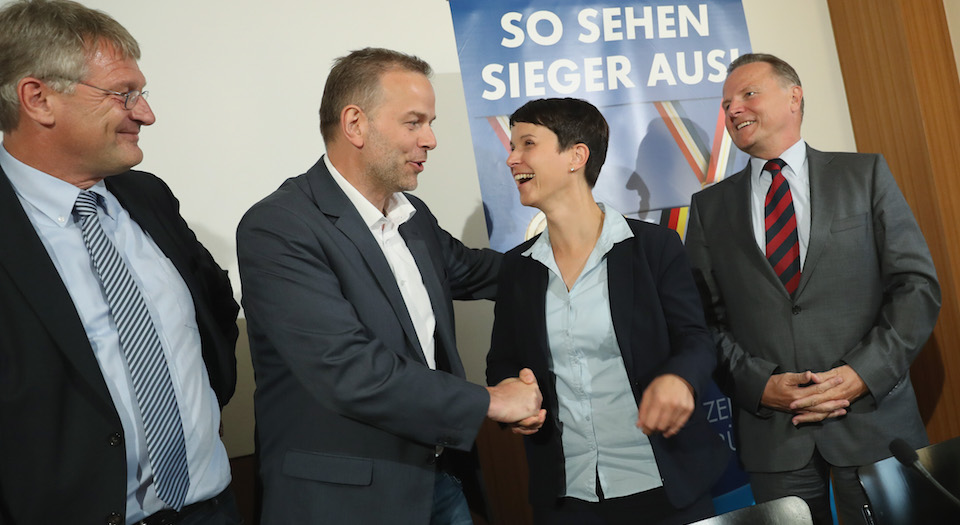
Want to read spiked ad-free? Become a spiked supporter.
Mecklenburg-Vorpommern isn’t one of Germany’s most important federal states – with a population of under 1.7million, it is small and largely rural. Yet the results in last Sunday’s local elections there sent shockwaves through the country.
The anti-immigration party Alternative für Deutschland (AfD) managed to win more seats than Angela Merkel’s Christian Democratic Union (CDU). Although it was running for the first time in the state, the AfD secured 20.8 per cent of the vote, where the CDU got 19 per cent. The fact that Merkel’s own constituency lies in Mecklenburg-Vorpommern has made the outcome all the more significant. ‘This might well be the beginning of the end for Merkel’, said AfD candidate Leif-Erik Holm.
Although the result was talked up as a vote against Merkel, what it really showed is the deep split between large sections of society and the political establishment. If this was only about Merkel, and her decision to throw open the borders last summer, why did other parties lose more votes than the CDU? The biggest loser was in fact the Left Party (Die Linke), which lost more votes to the AfD than any other party. The second biggest loser was the ruling Social Democratic Party. The Greens, meanwhile, didn’t even make quorum.
The local-election result was a vote of no confidence in the entire political establishment. Never before in the history of the Federal Republic of Germany has any party grown as quickly as the AfD. This is all despite the fact that the AfD has been labelled a fascist threat by all the other parties.
If these elections were just about Merkel, the result would be far less significant. After all, the rise and fall of top politicians is standard procedure. But what we are really seeing is an entire political establishment losing touch with the people it is meant to represent.
While many commentators are now fearfully asking how this could have happened, they tend to ignore the fact that the AfD hasn’t appeared out of the blue. Although the AfD garnered votes from other parties, its biggest gains were made through mobilising voters who had turned away from politics long ago. Voter participation in 2011 was a meagre 51.5 per cent, while this time it was 61.6 per cent. (This is still low in comparison with the number of people who went to vote immediately after reunification, which should put the AfD’s rise in some perspective.)
Following the result, Merkel said that all established parties need to make a serious effort to win back the trust of the people. But isn’t this something they should have tried long ago? It doesn’t bode well for the state of German politics that it took the AfD, a party running on a very narrow anti-immigrant ticket, to make politicians realise what they are up against.
Though most commentators blame Merkel’s refugee policy for the AfD’s success, this is only half of the story. Merkel’s response to the refugee crisis has become a stark symbol of the elite’s willingness to act in spite of the opinions of the electorate. The negative reaction to the increase in immigration is only the most recent expression of a public disaffection with politics more broadly, which has been brewing for some time.
Scepticism and a sense of resignation, after years of economic stagnation, have characterised eastern Germany for years. The CDU, strong in the years following reunification, has recently experienced a downward trend in support. Starting with over 38 per cent of the vote in 1990, it gained only 23 per cent in 2011, long before the refugee crisis. At the turn of the century, in the late 1990s, it was the formerly Stalinist Die Linke that rose to prominence, and was seen as the big threat to democracy. Now, German newspapers are running articles decrying the fact that Die Linke is no longer able to bind the protest vote.
It is true to say that the refugee crisis has become the greatest point of contention in German politics. Other political changes, like the introduction of the Euro or the turn to wind energy (an important issue in Mecklenburg-Vorpommern), may also have fed German voters’ disillusionment. But it was the handling of the refugee crisis that sparked this new crisis of legitimacy, which has caught Merkel, who has long become accustomed to making decisions behind closed doors, by surprise.
Sadly, it has also made the backward-looking anti-immigration lobby much stronger than it should be. Immigration is now at the centre of a struggle between the people and the political elite, which has ignored its citizens for far too long. This is why commentators who wonder at the election result, pointing out that Mecklenburg-Vorpommern has actually taken comparatively few refugees, are missing the point.
The reason the refugee crisis has become such a hot topic is because it stands as a symbol of the failure of politics. Merkel’s throwing open of the borders is not just seen as an imposition from above, but as a potential threat to German society, which has, for a long time, been proud of its cohesion. ‘People in Mecklenburg’, one woman said to me after the elections, ‘feel that, with all the changes that have occurred, there was one thing they could still rely upon, and that was their own community’. Now, it seems that the integration problems experienced by multicultural centres like Berlin Neukölln have made people more wary of immigration.
AfD voters are wrong to see refugees moving into their neighbourhoods as a threat. Mecklenburg-Vorpommern is one of the most sparsely populated areas of Germany. This has led to infrastructure problems, such as too few buses and schools, hospital closures, and a scarcity of doctors. The state could actually benefit from an influx of migrants. But, nevertheless, the concerns of the electorate must be met head-on.
Should Merkel take responsibility for the election result? Only in so far as she has become the figurehead of a political elite that believes you can do politics without engaging the public. Was her decision to open the borders to refugees wrong? That’s not a conclusion that be can drawn from this election. What we can say is that she should have opened up the debate about migration, rather than shutting it down.
Sabine Beppler-Spahl is head of the board of the liberal thinktank Freiblickinstitut e.V., which has published the Freedom Manifesto. She is also the organiser of the Berlin Salon.
Picture by: Getty
Who funds spiked? You do
We are funded by you. And in this era of cancel culture and advertiser boycotts, we rely on your donations more than ever. Seventy per cent of our revenue comes from our readers’ donations – the vast majority giving just £5 per month. If you make a regular donation – of £5 a month or £50 a year – you can become a and enjoy:
–Ad-free reading
–Exclusive events
–Access to our comments section
It’s the best way to keep spiked going – and growing. Thank you!


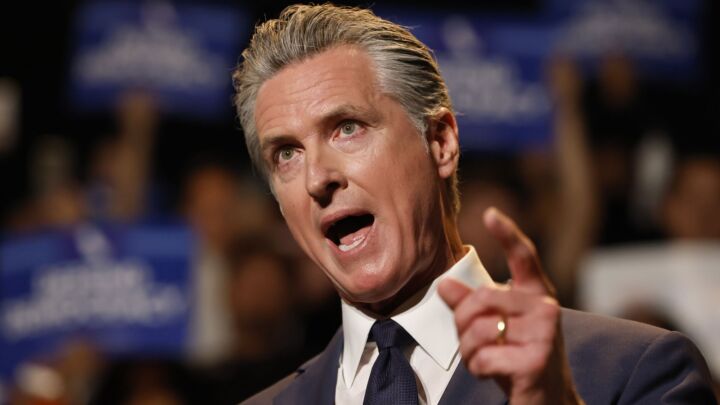

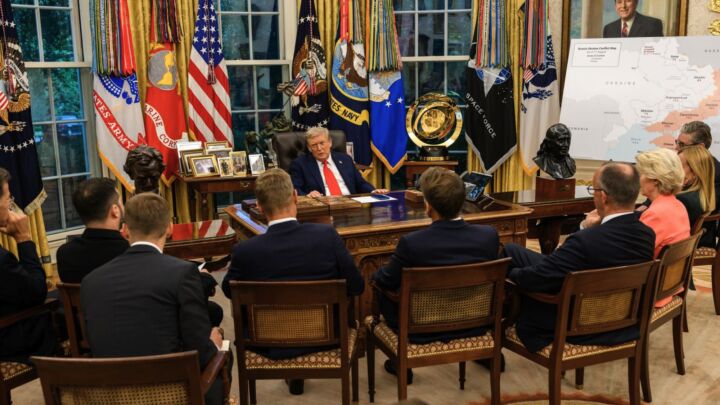
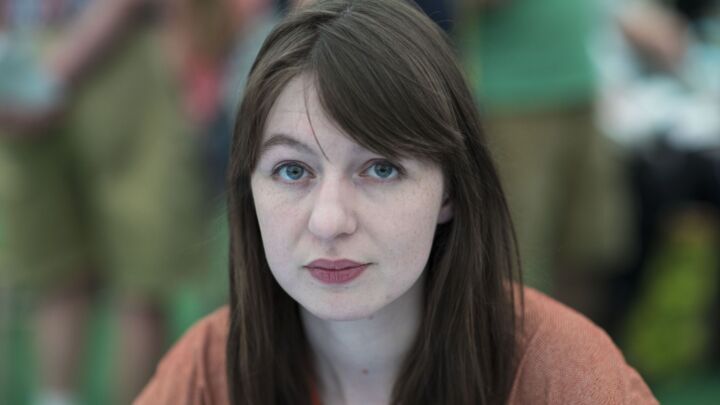
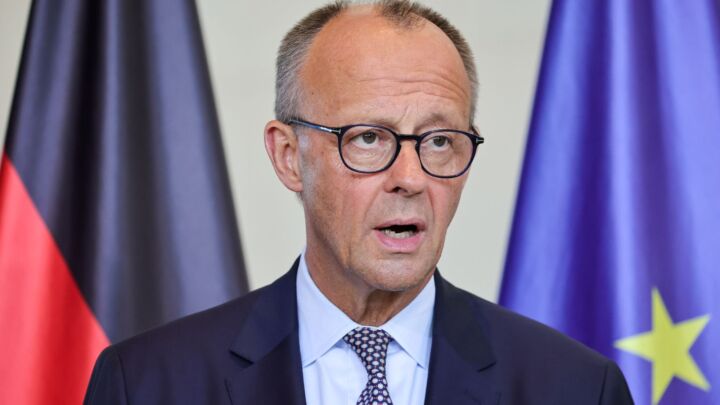

Comments
Want to join the conversation?
Only spiked supporters and patrons, who donate regularly to us, can comment on our articles.